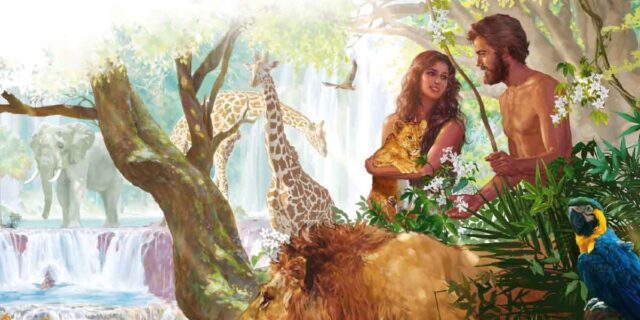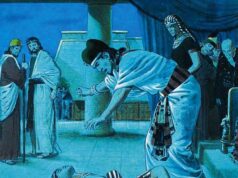By Pr Isaiah White & Can Grace Kaiso
This October, Uganda celebrates 61 years of independence. Independence, individuality and self-reliance have been praised and sought after for a long time, especially in today’s world.
But the question remains; did God design us for independence and individuality or He created us for something more?
What is independence?
Literary, independence is freedom from outside control and influence. It connotes freeing one from the crutches of power.
That power could be one that deprives him or her of a sense of freedom or capacity to pursue their aspirations, or it could even be a matter of not being under any power but that of self.
It is in the former sense that in the 1950s and 60s, a number of countries that were under colonial rule after a level of self-consciousness began to demand independence. Uganda gained its independence on October 9, 1962.
The consciousness to get independence had to do with the realisation that politically nations are essentially driven by self-interest, especially in their relationship with other nation-states.
The upcoming political leaders realized that colonization was a project that was not only politically motivated but also economically induced.
Thus, nations sought independence through various means. For most African countries, this was freedom from the control, influence, and manipulation of the colonialists who served the interests of their countries at the expense of the countries they had colonized.
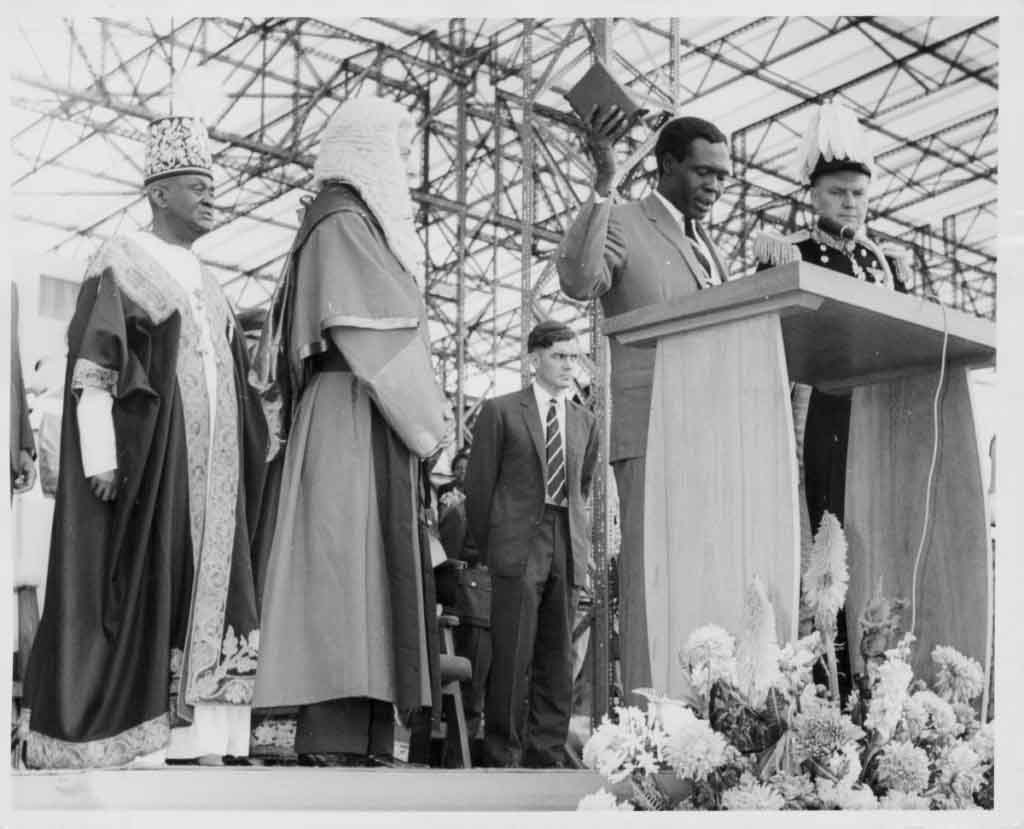
Independence from evil
What we celebrate or ought to celebrate is independence from evil.
The Christian voice through this paper reminds Ugandans in this independence month that as all prayed and fought to be independent of the colonialists who had colonized them, they should pray for the former colonialists to also repent of this evil of colonialism.
At the same time, Ugandans should also pray and fight for another important independence, and that is independence from evil and all evil tendencies that have manifested in leaders and those they lead.
This month is about fighting for our independence from all abusive forces. Those forces could be addictions; they could be addictions and all sorts of unhealthy habits.
We seek independence from all the demon possessions and principalities against our spiritual welfare (Ephesians 6:12–18).
We seek independence from all sorts of bad influence in the media and the bad company of people that corrupt good character (1 Corinthians 15:33).
Such independence from evil is what our enemies need, and once they achieve it, we will be independent as well.
Interdependence
When countries celebrate their independence from the imperialism of other countries, such an event should remind all countries of the need for interdependence.
We do not need to be independent, we need to be interdependent.
The Republic of Uganda being independent does not mean that Uganda is exclusively independent. Therefore, it is isolated from the global village and does not need foreign aid.
So do the first-world countries; they need other countries to thrive.
Interdependence in nature refers to the intricate web of relationships and connections between different species and their environments.
In nature, interdependence is a fundamental principle of ecology and highlights how all living organisms, including humans, are interconnected and reliant on each other for their survival and well-being.
Human beings have an inborn desire to be interdependent; they just fight it through their selfishness.
This inborn desire to collaborate and unite is not only reflected in our institutions but also at a personal level.
The ‘Ubuntu’ saying sums up this reality very well: “I am because you are, you are because I am.”
We were created to find fulfillment, or rather, completeness, in each other.
At times independence and individuality can be taken so far that we lose sight of the value of others and of caring for their needs.
The interdependence of the various organs of the body is a clear demonstration of God’s desire for harmonious collaboration. Interdependence is a ‘we-paradigm’.
All life needs other life to survive, all countries need other countries to survive, and all people need each other to survive.
This is what is taught in the New Testament (1 Corinthians 12,14-23, Romans 12:4-5).
Israel’s demand
When we turn to the Bible, we encounter the same cry for independence (1 Samuel 8:4-22).
Israel wanted to be like other nations, with a king to lead them and go out before them and fight their battles (1 Samuel 8:20).
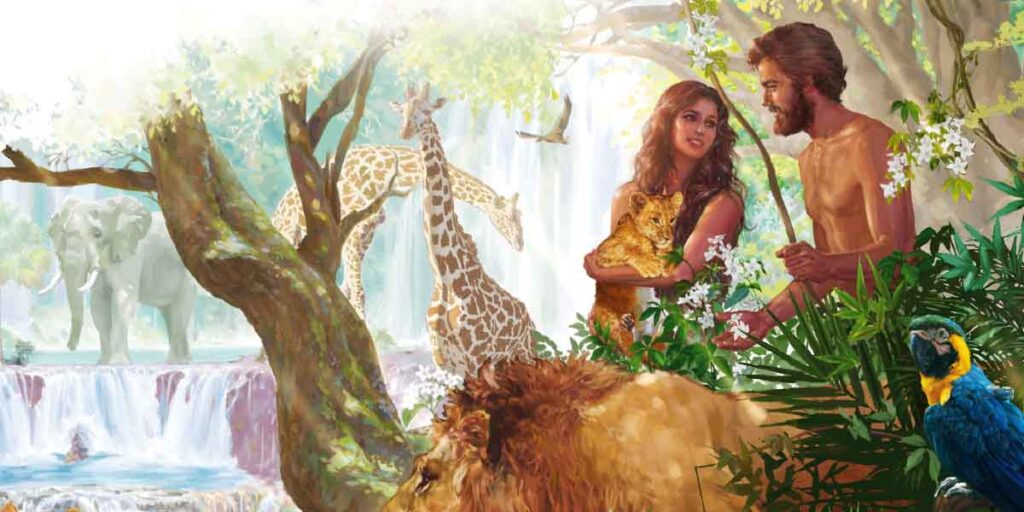
They wanted to have an Earthly king in order for them to indulge in idol worship or false gods just as the surrounding pagan people did.
Israel did not want to follow God or obey His rules. They preferred to be like other surrounding nations because they would then worship false deities and follow their own rules.
The children of Israel begged Samuel for Independence. They too wanted to have Kings like other nations.
This request troubled and irked Samuel (1 Samuel 7-8) because it amounted to denying Yahweh as their King; one who liberated them from bondage in Egypt, miraculously delivered them through the Red Sea, provided for them while in the desert, gave laws to govern their relationships and eventually brought them to the promised land; Canaan.
God was angry, but encouraged Samuel to accept their request with a severe warning about the painful future they were creating for themselves.
He outlined the implications of having a King, especially with regard to the responsibilities they will have in making the King function and the rights he will have over them (1 Samuel 13-16).
They did not only fail as a nation but also suffered many atrocities to the extent of being exiled and ten out of the twelve tribes got lost in the exile.
Created to depend
If independence is complete freedom from control and influence, then Christians are independent of the oppression and abuse of the devil as long as they are dependent on God.
The idea of independence has what I would call the “I paradigm”.
Independence is being in charge of yourself exclusively. This is not Christian. Christians are not independent but dependent on God.
Our need for autonomy can be an enemy to our dependence on God. This is what happened to the Israelites.
As Ugandans celebrate independence from the evil of colonialism, the people and leaders of Uganda must also seek independence from all other sorts of evil like corruption, injustices, greed, tribal tenets, idol worship and witchcraft.
Ugandans and all people in the world must not assume independence of existence outside God. We Christians are reminded that our existence is dependent on God.
Apostle Paul while preaching to the Athens reminded them that in God, we live, move and have our being (Acts 17:28).
Our living, our practicality and who we are as beings is dependent on God. We are created for dependence, not independence.
To be independent of God is evil and to be independent of evil is to be dependent on God. Without and outside God we can do nothing.
There is a difference between depending on God circumstantially and depending on God as a lifestyle.
Prophet Jeremiah demonstrates this better in the metaphor he uses: “Blessed is the man who trusts in the Lord, and whose hope is the Lord.
For he shall be like a tree planted by the waters, which spreads out its roots by the river and will not fear when heat comes; But its leaf will be green, and will not be anxious in the year of drought, nor will cease from yielding fruit (Jeremiah 17:7-8).
The roots of this healthy tree automatically reach beyond itself for sustenance, and so should a Christian’s roots be deeply dependent on God.
We who trust in the Lord as a matter of course cling to Christ for both our physical and spiritual sustenance. Autonomy thinks it sustains itself. Dependency knows it is sustained by God.
Believers must not be duped to assume they depend on their prayers and fasting. They depend on the God they pray to.
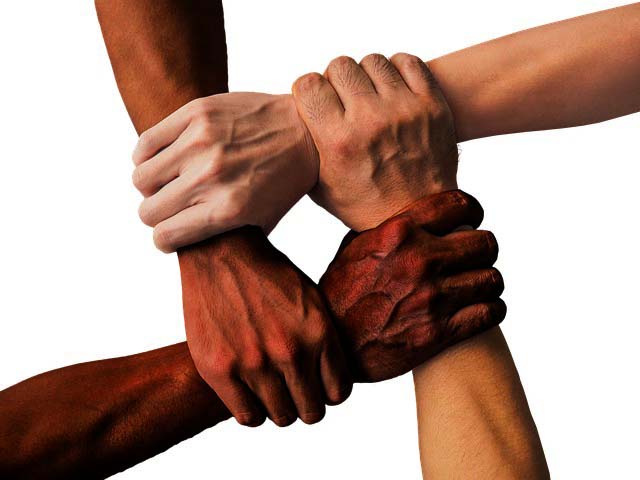
The power is not in the prayer, but in the God who answers those prayers. In the Old Testament, God always emphasised to the Israelites to depend on Him.
“Beware that you do not forget the Lord your God by not keeping His commandments, His judgments, and His statutes which I command you today, “Lest– when you have eaten and are full, and have built beautiful houses and dwell in them; and when your herds and your flocks multiply, and your silver and your gold are multiplied, and all that you have is multiplied; when your heart is lifted up, and you forget the Lord your God who brought you out of the land of Egypt, from the house of bondage” (Deuteronomy 8:12-14).
In the New Testament, Jesus tells a parable of a rich man who assumed his success, being and existence depended on how many resources he had gathered and saved for the future.
But Jesus reminded him, that while God’s contribution to the accumulation of this man’s wealth was disregarded, the life of this man depended on only God (Luke 12:16-21).
Both the healthy and the sick, the poor and the rich depend on God.
The rich are advised: “Then you say in your heart,` My power and the might of my hand have gained me this wealth.’
“And you shall remember the Lord your God, for it is He who gives you the power to get wealth, that He may establish His covenant which He swore to your fathers, as it is this day.
“Then it shall be, if you by any means forget the Lord your God, and follow other gods, and serve them and worship them, I testify against you this day that you shall surely perish.
“As the nations which the Lord destroys before you, so you shall perish, because you would not be obedient to the voice of the Lord your God” (Deuteronomy 8:17-20).
















